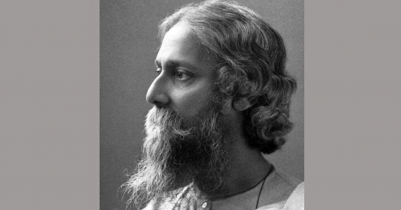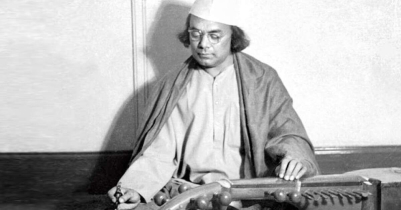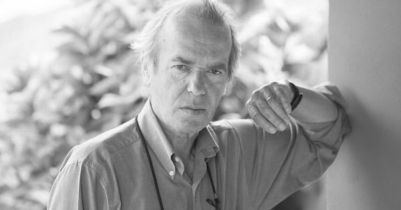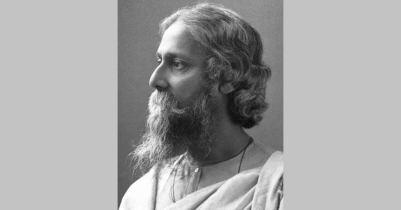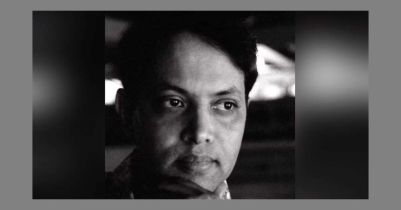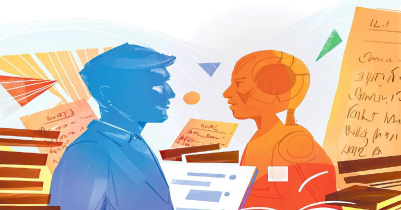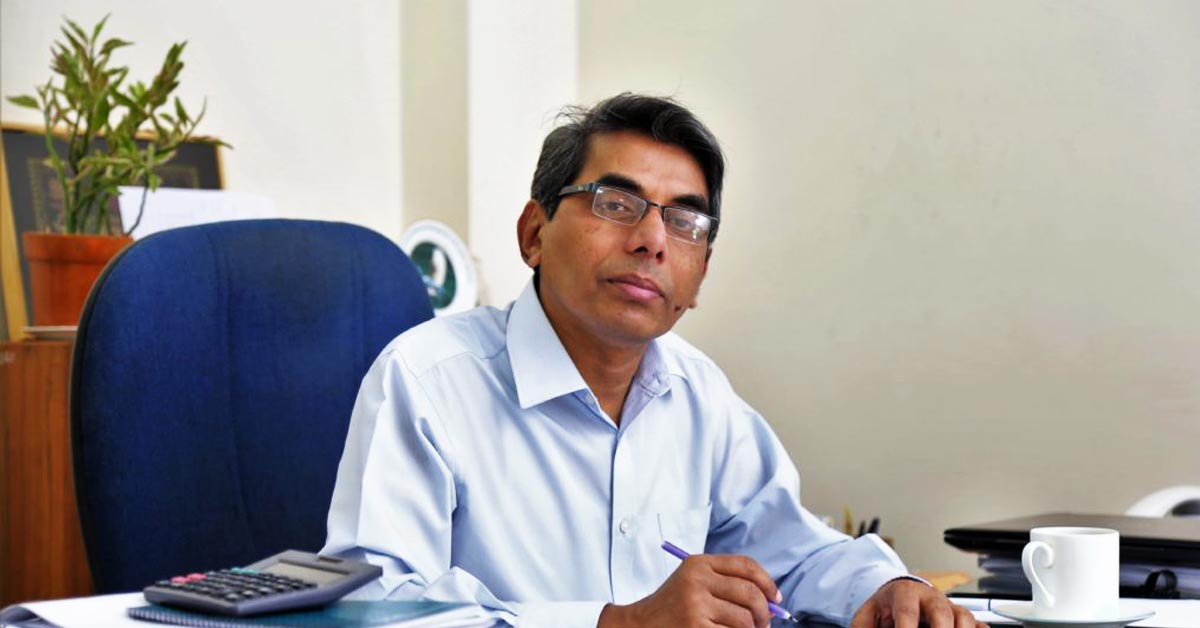Humayun Shafiq
Book Review: Narrative of the War of Liberation
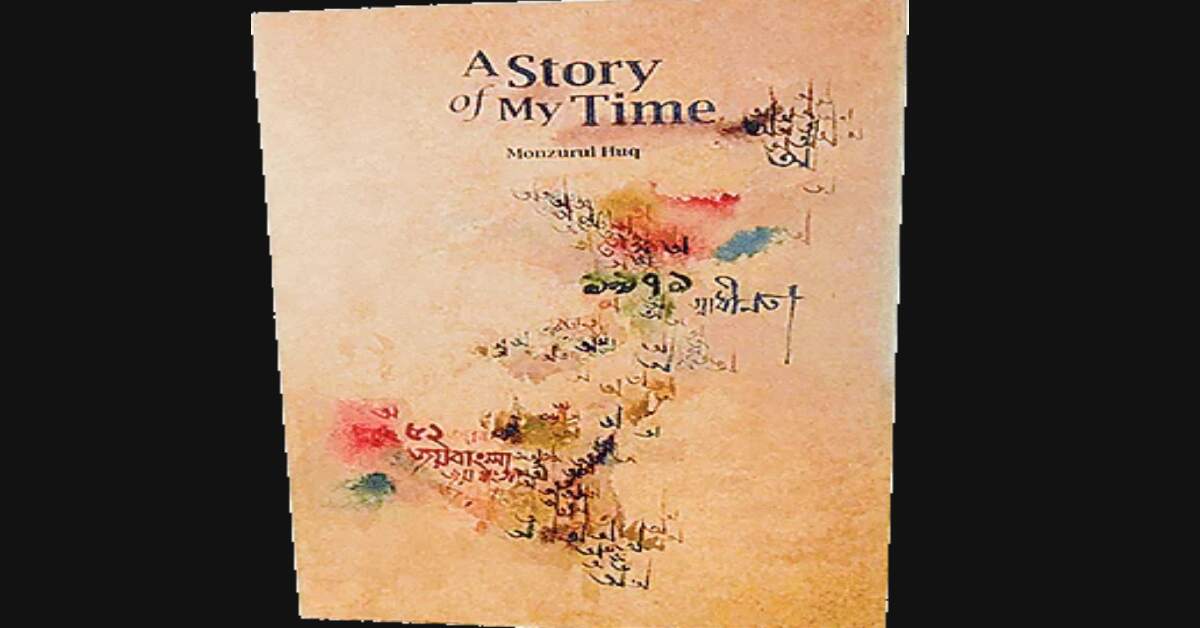
Mao Tse-tung has a saying, war is bloody politics and politics is bloodless war. In this book written in English called A Story of My Time, Manjurul Haque has tried to briefly present the period from the beginning of the 20th century to March 24, 1971. Here, as he has brought about the partition of 1947 from the time of the partition of Bengal, the context of the language movement has also been discussed. However, he gave priority to the liberation war in the book above everything else.
The first part of the book covers his great-grandfather, grandfather and father. He highlighted the struggle of a middle-class family in those times by keeping his own family as an example. In the chapter 'Winning and Losing Friends', the grief of losing one's friends has been beautifully portrayed. About the loss of writer-friends, he said, 'How did we become friends and why did we lose them?' He still could not forget the pain of losing friends.
In the chapter 'Politics Keep Knocking', the then government suppressed any news and kept the newspapers lame, it is described. Along with some memories of his school life. Basically, in this chapter, the author has brought the sixties in front of us. Late Professor Anisuzzaman said about the sixties, 'The sixties are the golden decade of our country. Culturally, it was also a decade of education. This decade has turned the tide of our history. The liberation war is the reflection of the unity that was formed then.
During that turbulent time, the writer saw that some of his friends were joining 'anti-government' activities. Their main objective is to liberate Bengal. Different types of literary meetings are also being held, there are reading circles. The author himself joined such a readership. The ideas of culture and literature are talking about freedom in different ways. Their writer Manjurul Haque also started to think very much. A poem written by him was also published in a magazine published from Chittagong. In the book, the author has described in detail the small incidents that are stuck in memory.
Everything at that time was running towards the freedom struggle. The path of the writer is also a struggle. After Bangabandhu Sheikh Mujibur Rahman's speech on March 7, all political parties should be more active. Then the war started. The writer himself was preparing to participate in that war. This is how the book ends.
If the question arises, who is the main character of the book A Story of My Time?
In answer, it can be said that although this is Manjurul Haque's autobiography, the main character of this book is actually the liberation war. The book progresses through various events. The author started from the beginning of the 20th century. Completed on March 24, 1971. While reading the book, I felt like the author was writing a novel. The book proceeds in a very poetic language. The author has also said those words while reminiscing about the impact that turbulent time had on the entire country. The pages of this book have a scent of war. The reader of this book will understand well how common people used to live their days in an unknown anxiety in the days before the liberation war. Artist Biswajit Goswami has embellished the book.
Read more
- Rabindranath Tagore`s 162nd birth anniversary tomorrow
- Poet Iqbal Hasan no more
- Book Review: Narrative of the War of Liberation
- Kazi Nazrul’s 124th birth anniversary today
- Influential British writer Martin Amis no more!
- Author Samaresh Majumdar no more
- Will artificial intelligence take over literature?
- Ahlam Bolooki appointed CEO of Emirates Literature Foundation
- 82nd death anniversary of Rabindranath Tagore today



